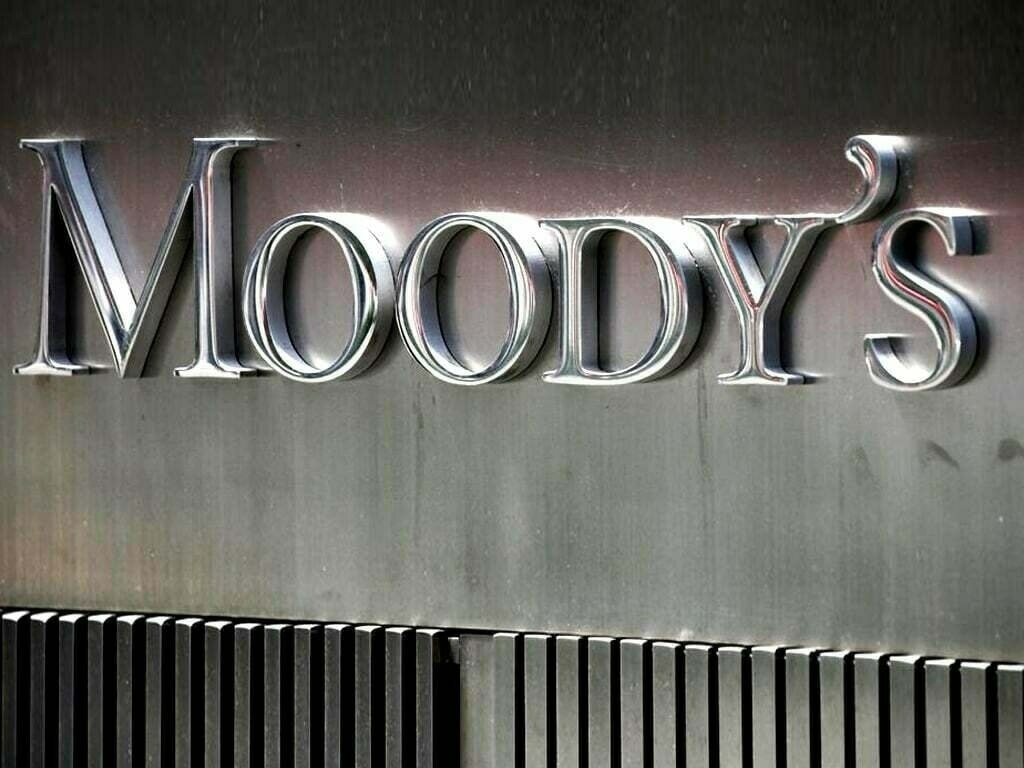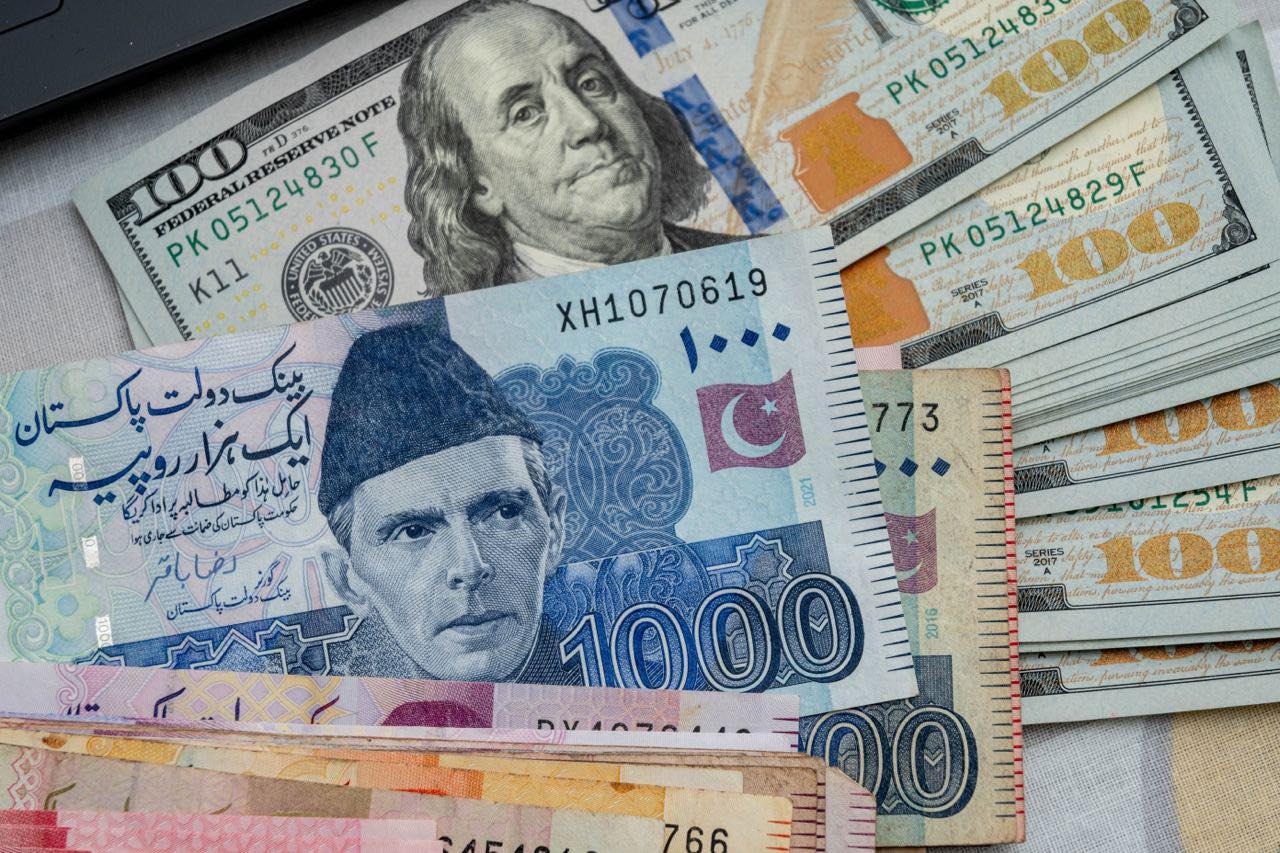Moody’s Ratings, a prominent global credit rating agency, stated that the newly announced budget for Pakistan’s fiscal year 2024-25 is likely to bolster ongoing negotiations with the International Monetary Fund (IMF) for a new Extended Fund Facility (EFF). However, the agency cautioned that rising social tensions, driven by high inflation, could impede the government’s reform efforts.
Finance Minister Muhammad Aurangzeb unveiled the federal budget for 2024-25 on Wednesday, aiming for a modest 3.6% economic growth. This move seeks to satisfy the Washington-based lender’s requirements and balance Pakistan’s fiscal challenges with increased taxation. The budget announcement comes as Pakistan continues discussions with the IMF for an extended and larger program aimed at achieving long-term macroeconomic stability. Aurangzeb projected that a staff-level agreement with the IMF could be finalized by early July.
Moody’s noted that the FY 2025 budget emphasizes rapid fiscal consolidation through increased taxes and stronger projected nominal growth. According to the agency, the budget will likely support Pakistan’s negotiations with the IMF for a new EFF program, which is crucial for unlocking financing from the IMF and other bilateral and multilateral partners to meet Pakistan’s external financing needs.
Moody’s emphasized that the key to success will be the government’s ability to sustain reform implementation. Effective reforms are necessary for Pakistan to meet its budget targets and consistently unlock external financing, leading to a durable easing of liquidity risks.
The rating agency warned that social tensions could escalate due to the high cost of living, potentially worsened by higher taxes and future adjustments to energy tariffs. These tensions could hamper the implementation of necessary reforms. Moreover, Moody’s highlighted the risk that the coalition government may not possess a sufficiently strong electoral mandate to consistently implement challenging reforms.
The government announced a consolidated budget deficit (federal and provincial) of 5.9% of GDP for fiscal 2025, down from an estimated 7.4% for fiscal 2024. The primary balance is projected to be a surplus of 2.0% of GDP for fiscal 2025, compared to approximately 0.4% for fiscal 2024. Real GDP growth is projected at 3.6% for fiscal 2025, with headline inflation estimated at 12%.
Moody’s observed that the budget aims for quicker fiscal consolidation primarily through revenue increases, with limited measures to contain spending. The government has set an ambitious target to increase federal revenue to Rs17.8 trillion, approximately 46% higher than the previous year. This increase is expected to come from a 40% rise in tax revenue through new taxes on cars, cement, steel, gas, and diesel, coupled with stronger nominal growth.
The budget aims to increase the revenue-to-GDP ratio to 14.3% in fiscal 2025 from 11.5% in fiscal 2024. Concurrently, the federal government expenditure is targeted at PKR 18.9 trillion, about 25% higher than the previous year. Moody’s noted that the increase in expenditure reflects a lack of significant cost-containment measures and high interest payments.
The budget allocates subsidies of Rs1.4 trillion, a 27% increase, primarily driven by substantial subsidies to the power sector. This allocation indicates limited progress in energy sector reforms. Additionally, the budget includes increases in public sector pensions and salary budgets.
Moody’s highlighted that Pakistan spends more than half its revenue on interest payments, indicating very weak debt affordability and high debt sustainability risks. The budget estimates an 18% increase in debt servicing payments for fiscal 2025 compared to the previous year. Approximately 55% of the fiscal 2025 revenue (PKR 9.8 trillion) is earmarked for interest payments on government debt.




